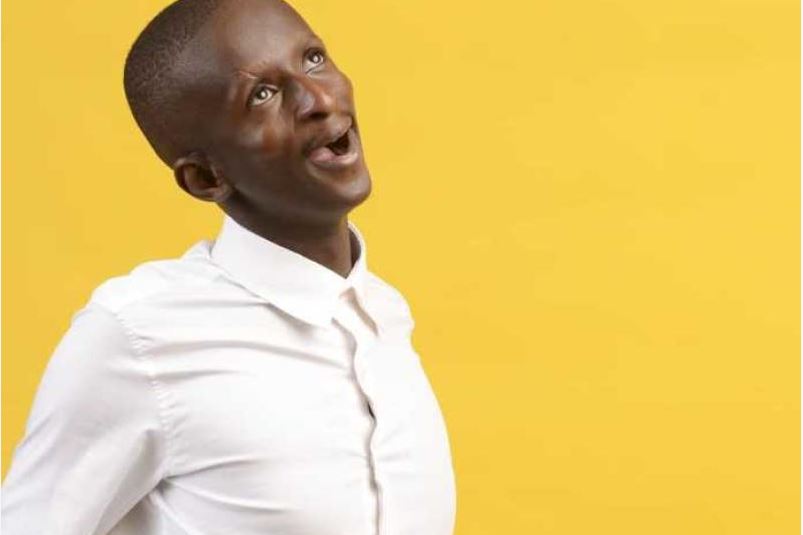×
The Standard e-Paper
Stay Informed, Even Offline

Timothy Kimani AKA Njugush is known for comedy. But over a meal, we got to see the reflective side of the man.
“Depression stinks and many do not understand it,” he says in a low. “And the sad thing is that many don’t understand it. People see you turn to alcohol and think that the alcohol is what caused the depression, yet the reverse is true.”